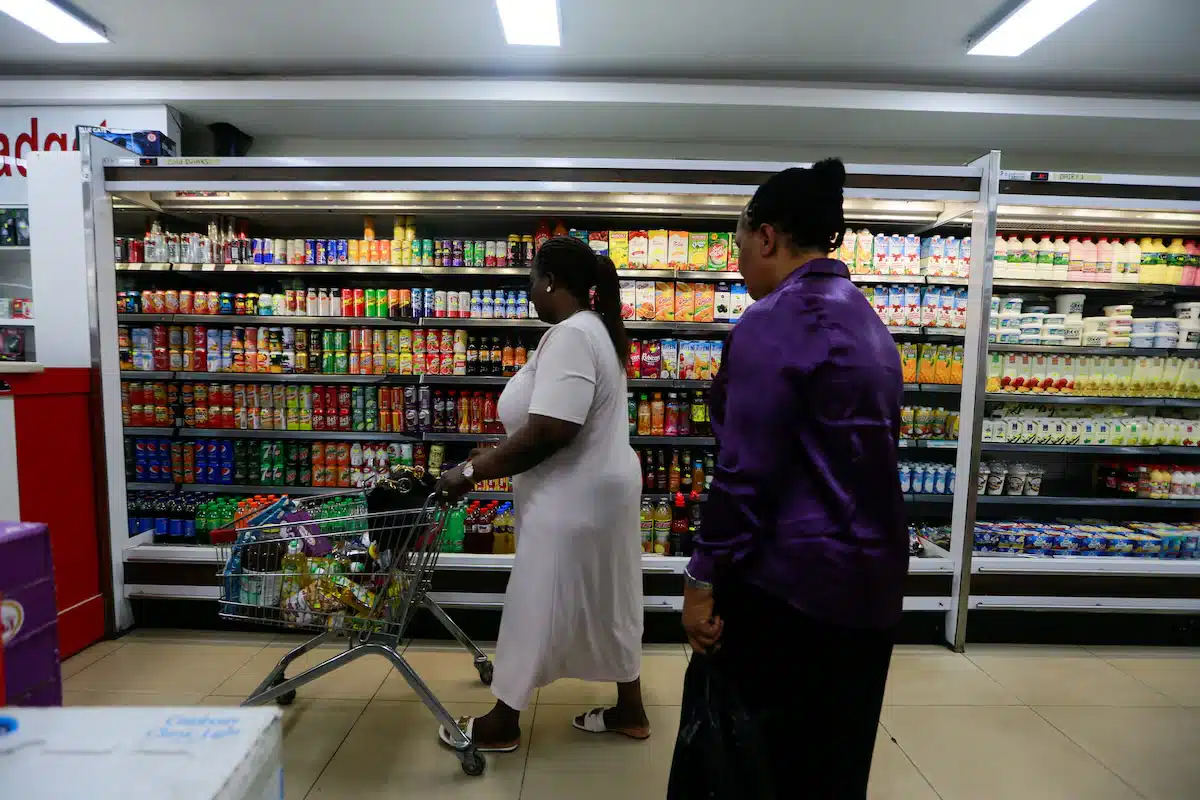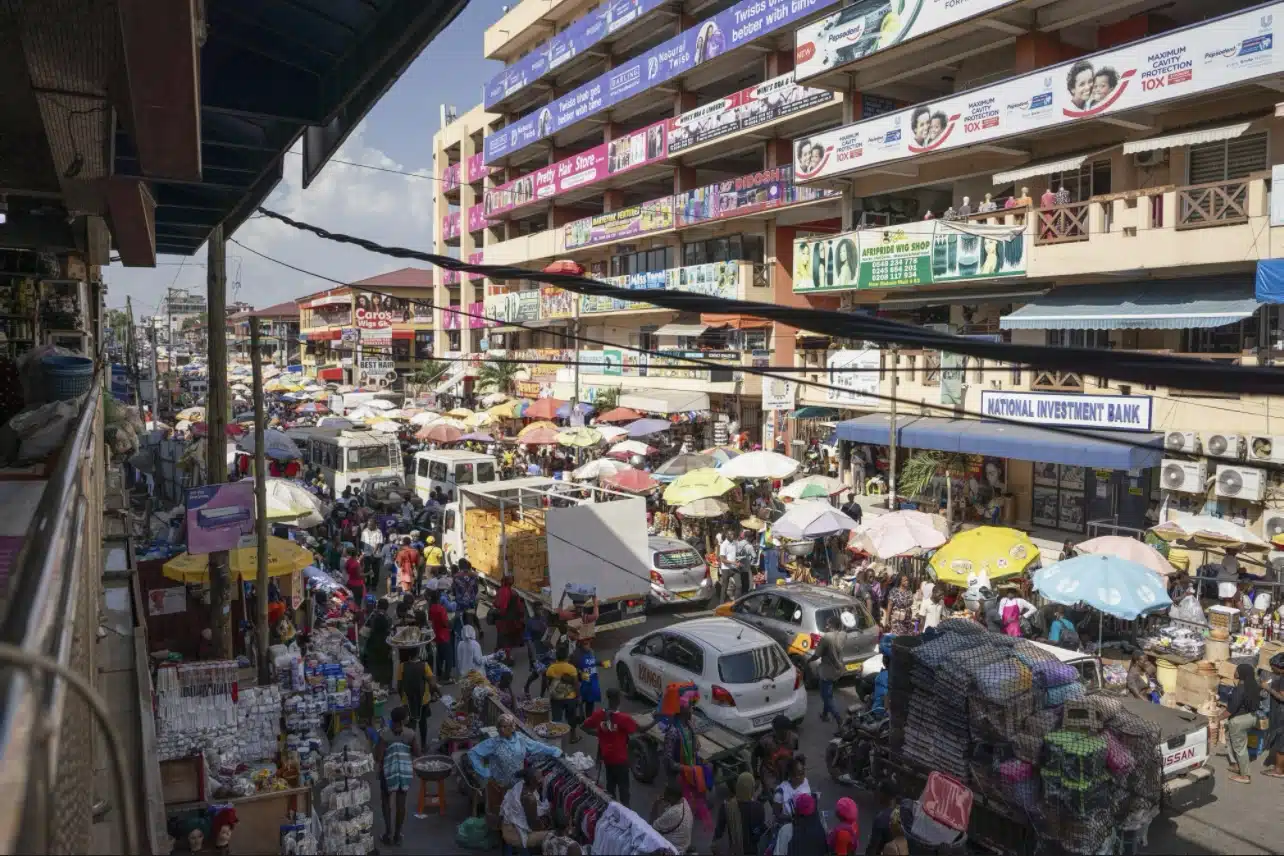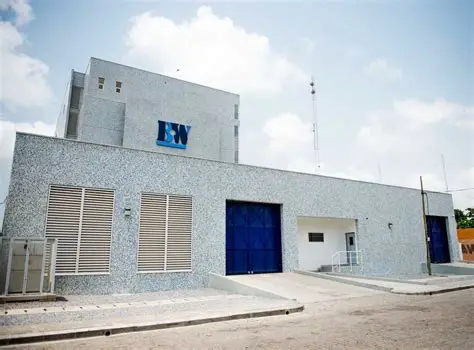For the first time in Ghana’s history, artisanal and small-scale gold mining (ASM) has overtaken large-scale mining in export volume, generating over $4 billion in foreign exchange between February and May 2025.
Announced at the Mining in Motion Summit in Accra by the CEO of Ghana’s Gold Board (GoldBod).
Speaking at the Kempinski Hotel, the CEO revealed that GoldBod has purchased and exported 41.5 tonnes of gold in just five months, all sourced from the ASM sector. In May alone, exports reached a record 11 tonnes, valued at $1.17 billion.
“This milestone shows the true economic potential of small-scale miners when given the right structure and support,” the CEO said.
“The GoldBod has mopped up over 90% of all ASM gold in the country, significantly increasing foreign exchange liquidity and contributing to the sustained appreciation of the Ghanaian cedi,” he added.
A new gold economy
The record-setting performance is attributed to reforms initiated by the Mahama administration, which established GoldBod as the central authority to regulate and manage Ghana’s previously fragmented artisanal small-scale gold trade.
The GoldBod now serves as the sole legal buyer and distributor of ASM gold, replacing the underperforming Precious Minerals Marketing Company (PMMC).
This centralised model has helped formalise a sector that has long been associated with informality, value loss, and gold smuggling.
The CEO describes GoldBod’s success as resting on a trio of structural reforms, including:
- A nationwide gold aggregation system to track, monitor, and purchase gold at source.
- A sweeping crackdown on gold smuggling was conducted in collaboration with National Security.
- The licensing of gold traders, refiners, and exporters ensures traceability and compliance.
To sustain these gains, the CEO announced the launch of an anti-saying task force, saddled with maintaining the new status quo.
“The days of uncontrolled gold smuggling are over. Every gold smuggler will be brought to justice – no one will be spared.”
Gold’s growing economic footprint
Gold’s importance to Ghana’s economy continues to grow. In May 2025, gold export revenues increased by 40.8% to $5.25 billion, positioning gold as one of the top three contributors to the nation’s GDP, which remains steady at $135.1 billion.
The surge follows a recent ban on foreign traders from directly participating in Ghana’s gold market—a policy shift aimed at tightening state control over gold sales and boosting value retention.
In 2024, total gold exports increased by 53.2% to $11.64 billion, with nearly $5 billion contributed by small-scale miners—a figure that now appears poised for further growth.
By formalising the ASM sector, tightening trade controls, and boosting exports, Ghana is reclaiming value from its most prized resource while reinforcing economic stability and local ownership.








